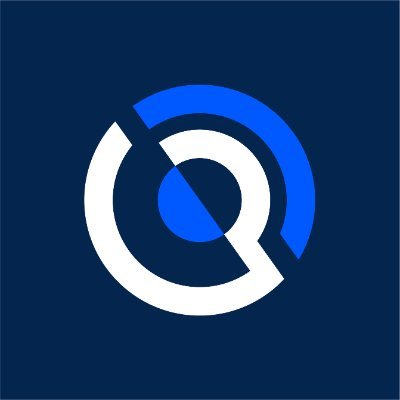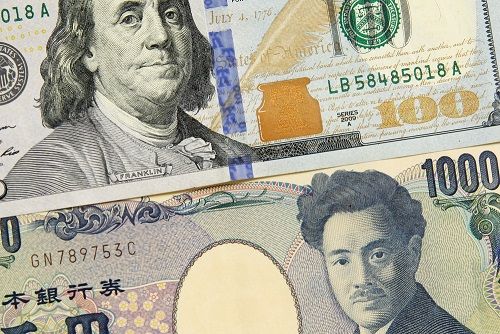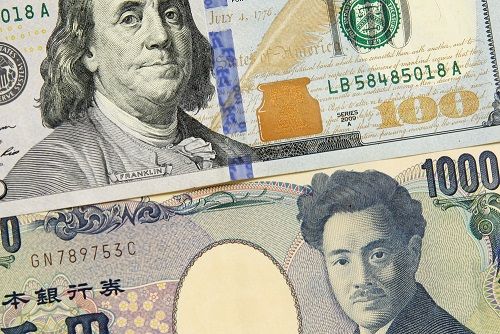China’s top flash memory maker to expand into DRAM production

Yangtze Memory Technologies Co (YMTC), China’s top flash memory chipmaker, plans to expand into making DRAM chips. The plan includes making advanced versions that will be used to make artificial intelligence chipsets.
The U.S. increased export regulations in December to limit Beijing’s access to high-bandwidth memory (HBM), a specialized type of DRAM required to create an AI chip. The state-backed chipmaker’s action highlights China’s increasing need to increase its capacity to produce advanced processors.
YMTC launches new venture
YMTC chairman Chen Nanxiang led this new venture, which was established last week with a registered capital of 20.7 billion yuan ($2.9 billion). According to Chinese corporate data source Oichacha, YMTC held a 50.2% stake in the partnership, with the remaining ownership being held by state-run Hubei Changsheng Phase III Investment Development Co.
The new business would handle every step of the integrated circuit supply chain, from design and production to sales. The disclosure omitted information about the products it will produce.
Jukan, a Korean Analyst, stated that the move by YMTC to use DRAM for HBM is not exclusive to one business. He believed that YMTC is collaborating on HBM development wth ChangXin Memory Technology (CXMT).
The initiative coincides with significant shifts in the global memory chip business as Chinese big tech companies like YMTC and ChangXin Memory Technologies (CXMT) challenge established firms like US memory chip leader Micron Technology and South Korean giants like Samsung Electronics and SK Hynix.
YMTC expands production capacity
Earlier this month, Yangtze Memory Technologies Co. opened a new entity to build a third chip factory in Wuhan. According to Morgan Stanley, by the end of 2024, the two YMTC existing firms in Wuhan, which focus on NAND chips, had the capacity to create 160,000 12-inch wafers per month, with an additional 65,000 wafers anticipated this year.
YMTC was added to the U.S. entity list in 2022. The company has played a key role in China’s push for flash memory chip self-sufficiency. The nation had previously relied mostly on imports from Japan, South Korea, and the United States.
The Bureau of Industry and Security, U.S. Department of Commerce, released a report on December 2, 2024, to the People’s Republic of China (PRC). The report announced China’s capability to produce advanced-node semiconductors for the next generation of artificial intelligence (AI) and advanced computing.
Despite US sanctions, the YMTC has made strides in its NAND technology. Its 3D NAND chip, which featured its revolutionary Xtacking4.0 memory chip design earlier this year, was a major technological advance for the business.
In March, YMTC announced around 20 additional patents for methods that can optimize chip-stacking designs and increase processing efficiency. YMTC remained privately owned, with a valuation of 161 billion yuan ($22.5 billion) despite experiencing a loss of 84 million yuan ($11.8 million) in the first nine months of 2024.
US government waivers allowed Samsung and SK Hynix to freely transport necessary manufacturing equipment to their facilities in mainland China. The waivers are expected to expire by the end of the year. Samsung and SK Hynix, which make a huge share of their DRAM chips and NAND on the mainland, would need to apply for individual licences to ship US-origin chipmaking tools to China.
According to data from research firm TrendForce, YMTC had a revenue share of 8.1% in the first quarter of this year, placing it sixth in the global NAND market. At 31.9%, 16.6%, and 15.4%, respectively, Samsung, SK Hynix, and Micron held the largest shares. The SSD enterprise demand is strong in the fourth quarter, pushing the NAND Flash capacity.
Your crypto news deserves attention - KEY Difference Wire puts you on 250 top sites







